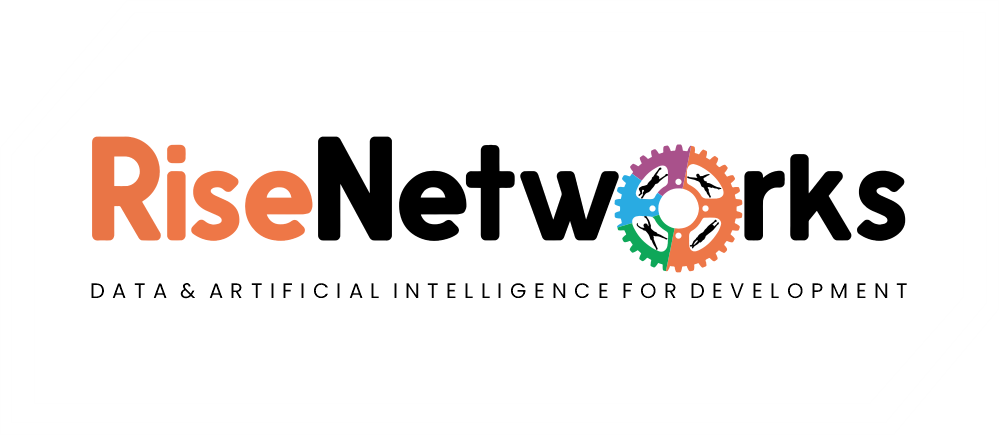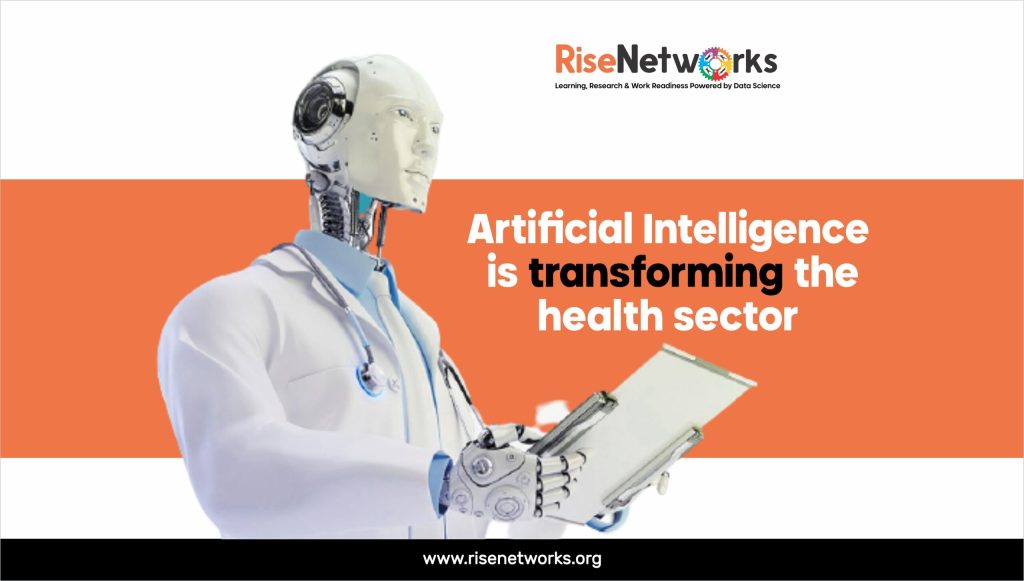It’s no longer fiction that artificial intelligence is transforming healthcare, Just like in our every-day lives, AI and robotics are increasingly a part of our healthcare ecosystem.
AI in healthcare refers to doctors and hospitals accessing vast data sets of potentially life-saving information. This includes treatments and their outcomes, rate of survival, and speed of care gathered across millions of patients, geographical locations, and innumerable and sometimes interconnected health conditions. New computing power can detect and analyze large and small trends from the data and even make predictions through machine learning that’s designed to identify potential health outcomes.
AI transformation in healthcare can be seen in several ways:
Firstly, Artificial Intelligence helps people to stay healthy so they don’t need a doctor, or at least not as often. AI powered apps encourage healthier behaviour in individuals and help with the proactive management of a healthy lifestyle. It puts consumers in control of health and well-being. AI also helps medical personnel to understand the day-to-day patterns and needs of the people they care for, which enables them to provide better feedback, guidance and support for staying healthy.
Secondly, Artificial intelligence is improving health care with appropriate and timely decisions, Artificial Intelligence uses pattern recognition to identify patients at risk of developing a condition then uses predictive analytics to make appropriate clinical decisions. AI scans health records to assist medical personnel identify chronically ill individuals who may be at risk of an adverse episode. It can also help doctors and caregivers take a thorough approach for disease management, better coordinate care plans and help patients to manage with their long-term treatment programme. AI can be used for surgical operations, for repetitive tasks in the lab, for rehabilitation and physical therapy, and also in support of those with long-term conditions.
Artificial intelligence has also assisted in the early detection of diseases, it assists doctors and other medical personnel to monitor and detect potentially life-threatening episodes at an early and more treatable stage. AI also has the potential to revolutionize end of life care, helping people to remain independent for longer, reducing the need for hospitalization and care homes. AI combined with the advancements in humanoid design are enabling robots to go even further and have social interactions with people to keep aging minds sharp
Drug research and discovery is one of the more recent applications for AI in healthcare. According to the California Biomedical Research Association, it takes an average of 12 years for a drug to travel from the research lab to the patient. Only five in 5,000 of the drugs that begin preclinical testing ever make it to human testing and just one of these five is ever approved for human usage. Furthermore, on average, it will cost a company US $359 million to develop a new drug from the research lab to the patient. By directing the latest advances in AI to streamline the drug discovery and drug repurposing processes there is the potential to significantly cut both the time to market for new drugs and their costs.

